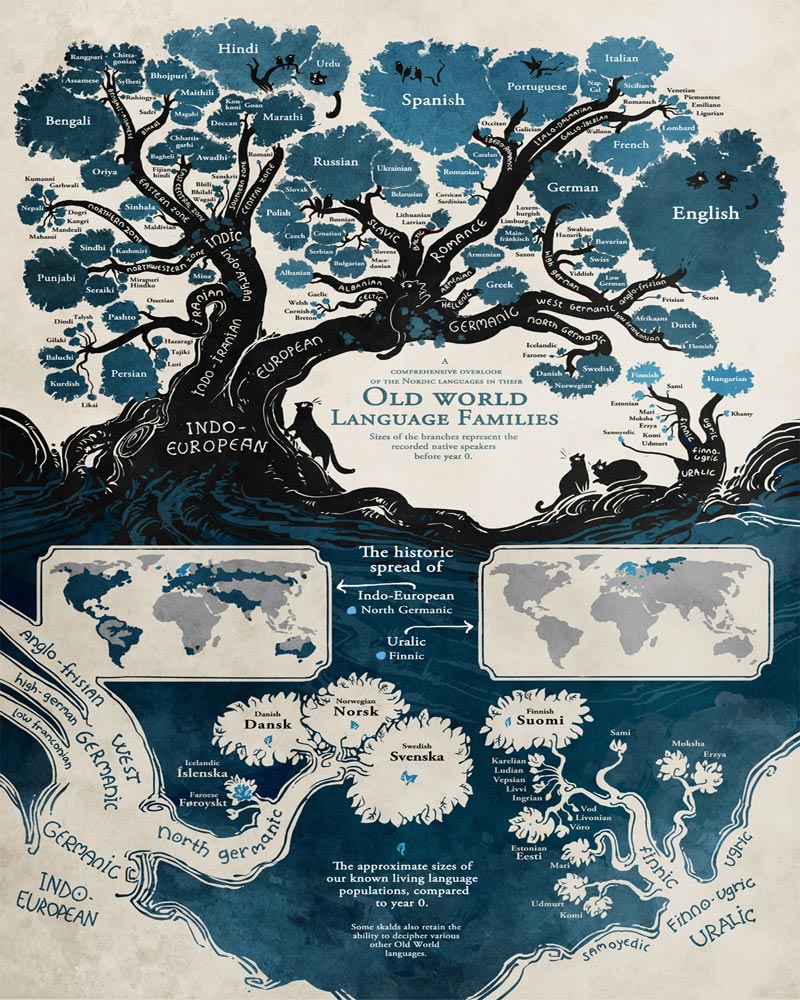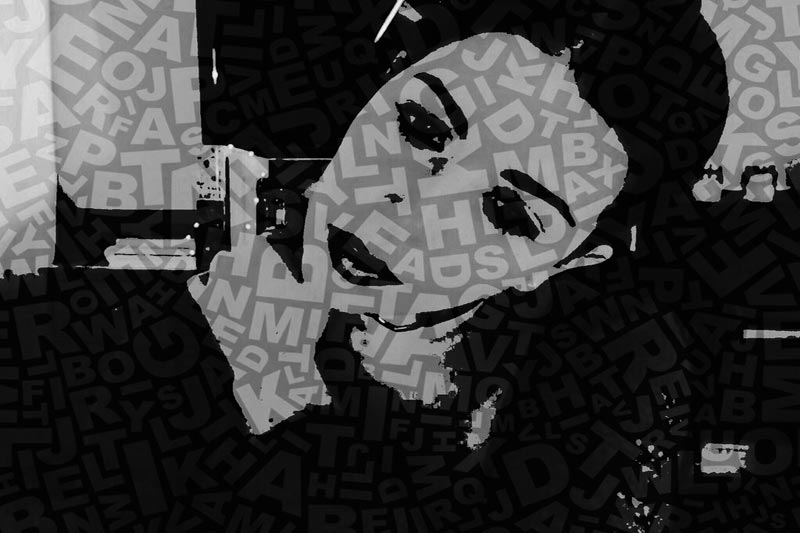“And she laughed secretly, saying: After I am grown old, and my lord is an old man, shall I give myself to pleasure?” ~ Genesis 18: 12
A new day has dawned for 21st-century feminism, and ironically its key lies in the remotest past. With the mapping of the human genome, evolutionary biology is making undreamt of strides.
Let us go back 100,000 years to stare for a moment with wonder – and horror- at anatomically modern humans. Modern they may have appeared, but near them, we would be in mortal peril, for they were socially incapable of living a settled, community- like existence. They were aggressive, territorial in the extreme, and male dominated. With relief, we move forward to later emerging humans who were behaviorally modern, and we ask what has made them gentler: the answer is language.
Just as evolutionary biologists have now mapped ever more certain branches of the human family tree, linguists have gone back and back further still to our proto-languages as they search out the fount of the first spoken words. I believe, for reasons I’ll outline, that language is the gift of Woman. Hers was the staying hand against conflict and the expression of bond with a single mate. Hers were the lessons to be learned in the long and dangerous human adolescence. And hers, I now believe, was the voicing of the first faiths.
As I wrote in an earlier book, the noted literary scholar Harold Bloom read the passage above and realized it could not have been written by a man. Bloom, sensitive as a tuning fork, recognized its wry mockery of the eternal male belief in the powers of masculinity. This belief of Bloom’s, which I share, was expressed before the onslaught of research that our knowledge of the human genome has bestowed. It no longer seems so farfetched that a central document of Western humanity, the Torah or Old Testament should have been led by a woman’s prose, for she is the author of Genesis and such was her genius to describe without hesitancy or fear, Creation itself.
Paleo linguists have rooted out and grouped original languages (see diagram) and uncovered some uncomfortable truths: the Christian missionaries who pestered early modern Africa like flies could not know that the Aramaic of Jesus was an offshoot of a more ancient language of that continent.

Old Norse, the languages of the Hittite and of the Greeks who trifle with Sappho but hold warring Homer as our standard; the Proto-Indian European languages and the roots of Bantu; all must be freshly read for the discernment of the Woman’s voice. In them lie treasures. It is 2017, no more than an arrow’s flight from our prehistory. Modern day feminists, worldwide, will not be held captive to evolution. They will not cede an inch to males who deny them the right to their own bodies, domestic and public safety, the right to couple with their own, without leave, and of no less concern to me, to demolish the perversity of an all-white, male-dominated Western Canon and its replacement with a historic, global feminist literary tradition.
At what fixed point then, do we begin to compile an authentic feminist literary canon?
We must turn back not a few quaint centuries, but millennia, to Sumer in the 23rd century, B.C. There, at Ur, we learn the name of the first author in history: it is a woman, Enheduanna, daughter of King Sargon of Akkad. We have some forty-two original hymns/poems of hers that were still popular in Mesopotamia four centuries after her death.

Because she is named, hers is the first place in all literary canons we presume to honor and represents the obliteration of all super-imposed patriarchy on the gift of language.

That was absolutely fascinating! Thank you so much for this, and I particularly love the language tree! Wonderful!
Thank you so much Charles for your wonderful insights and equally wonderful history lessons.